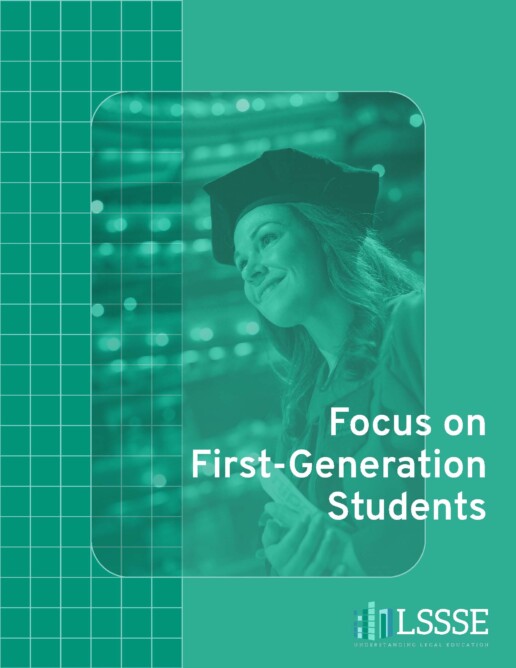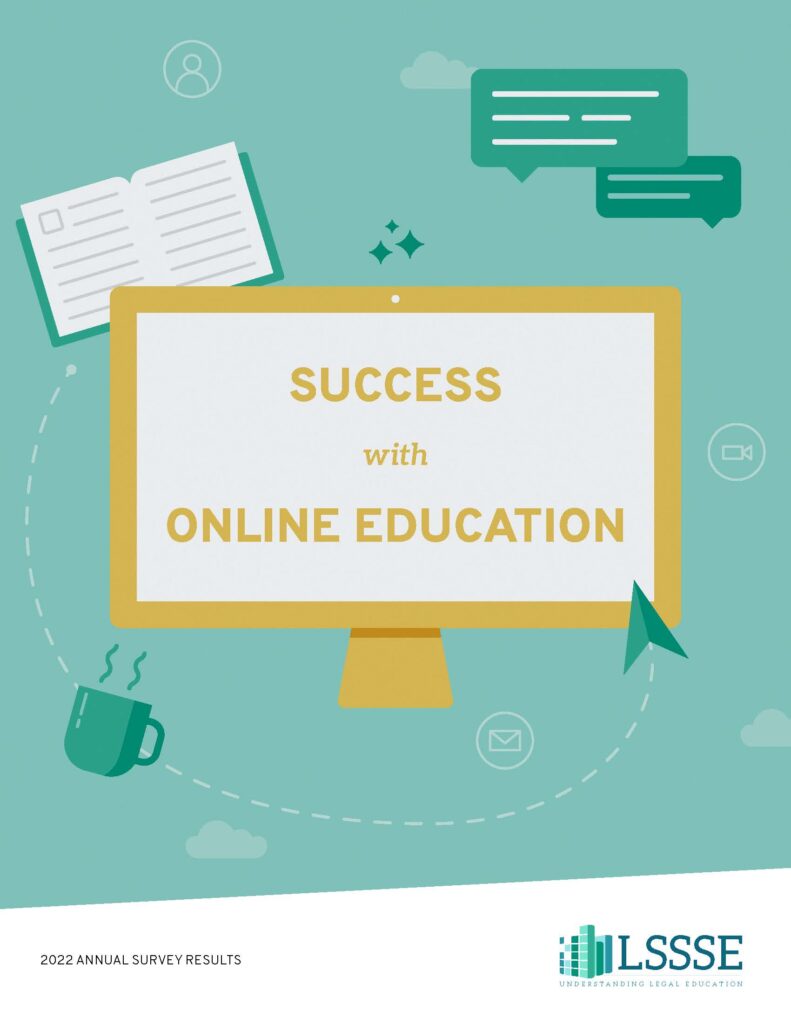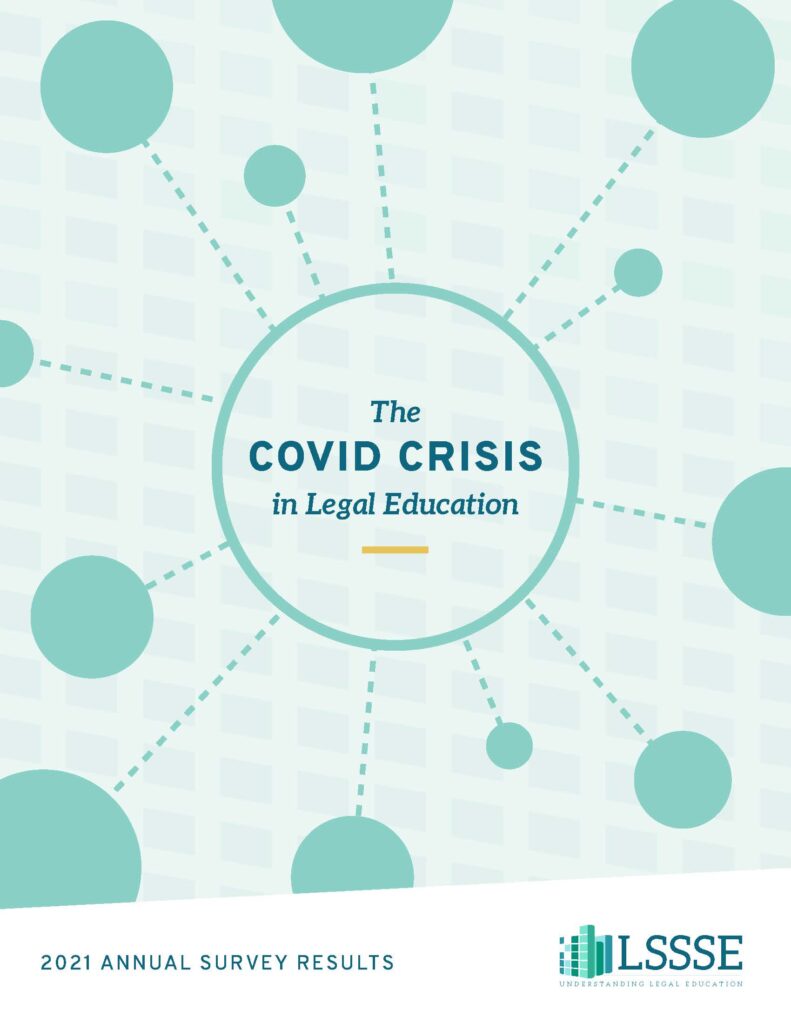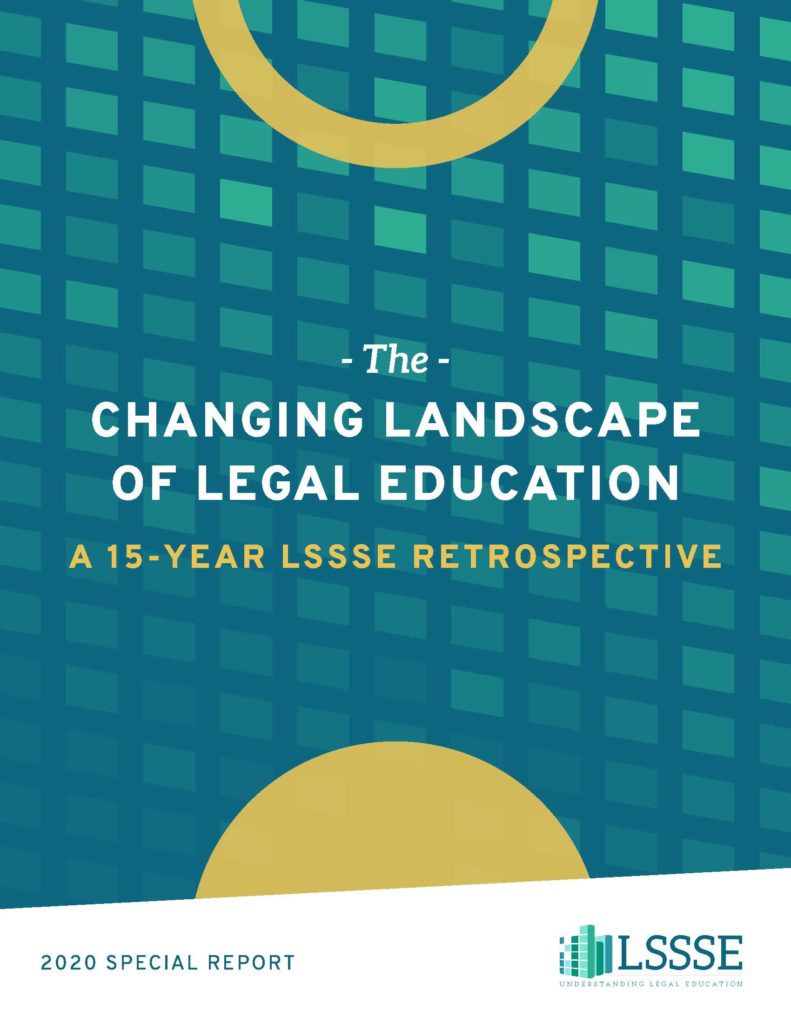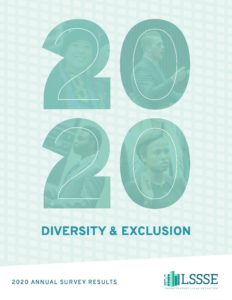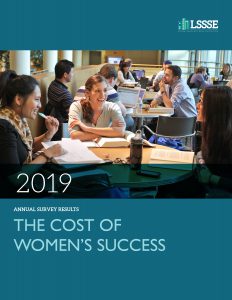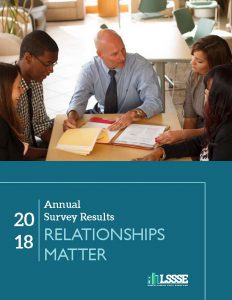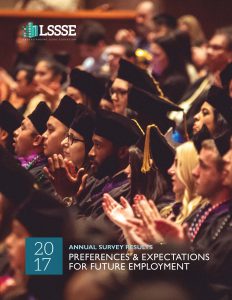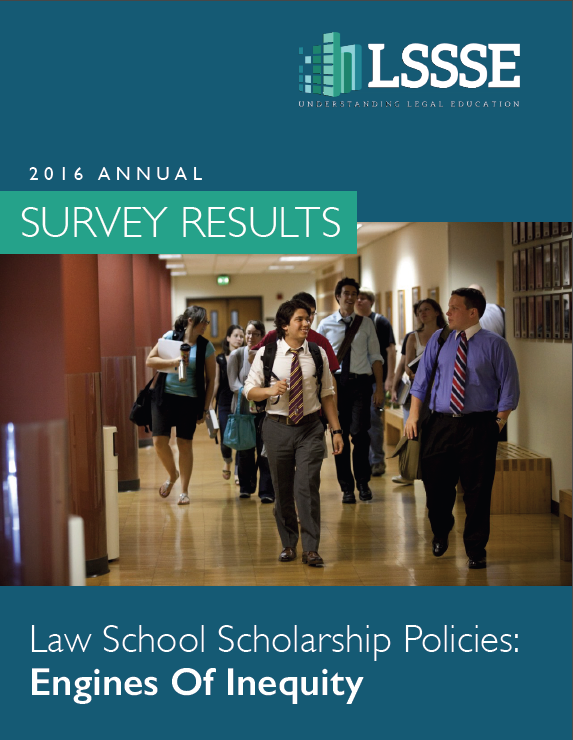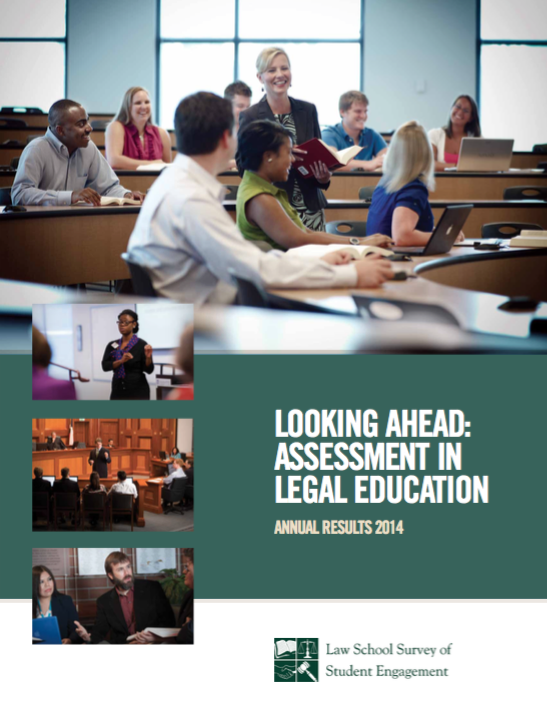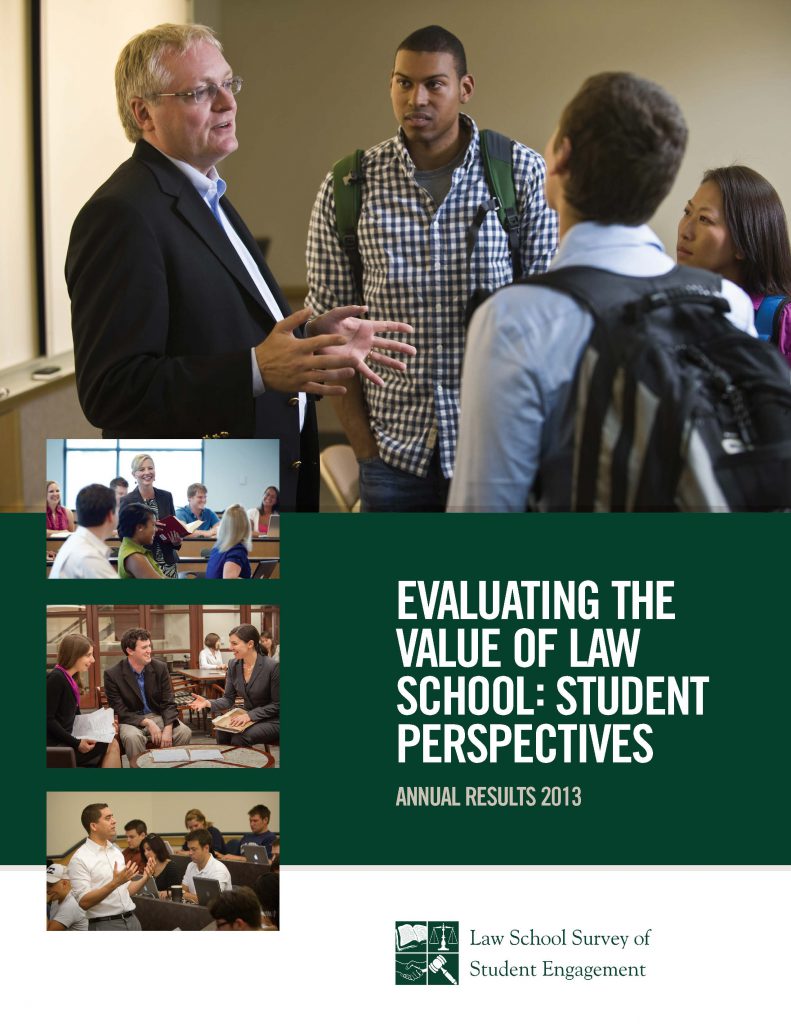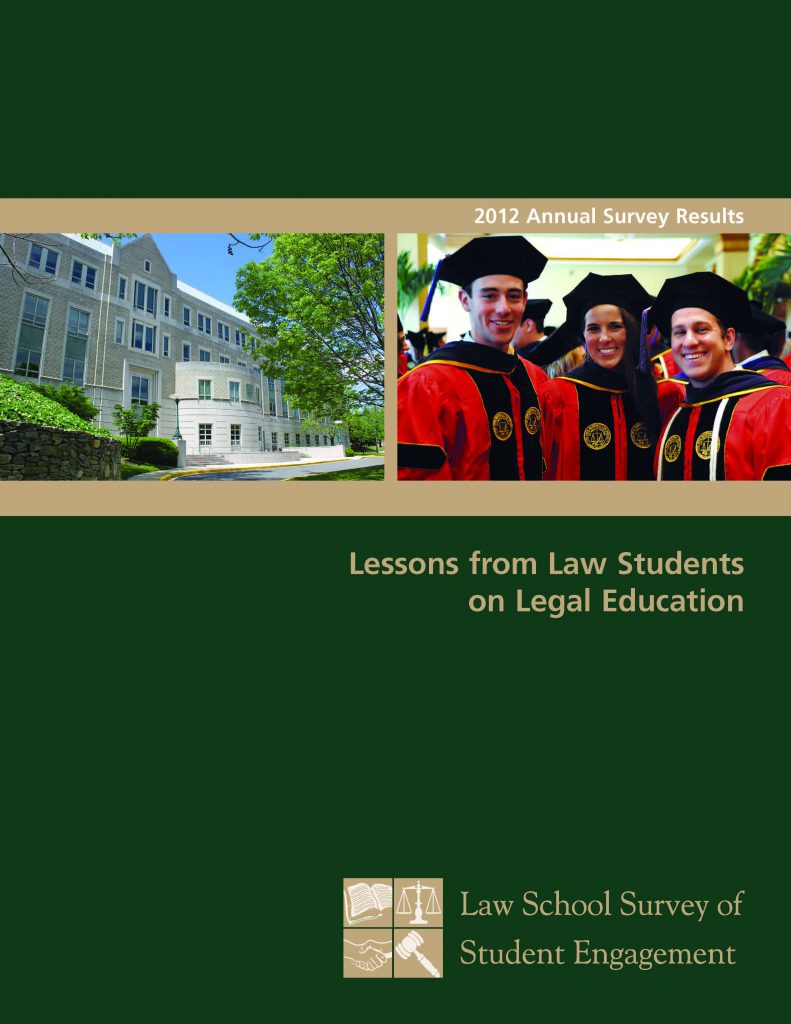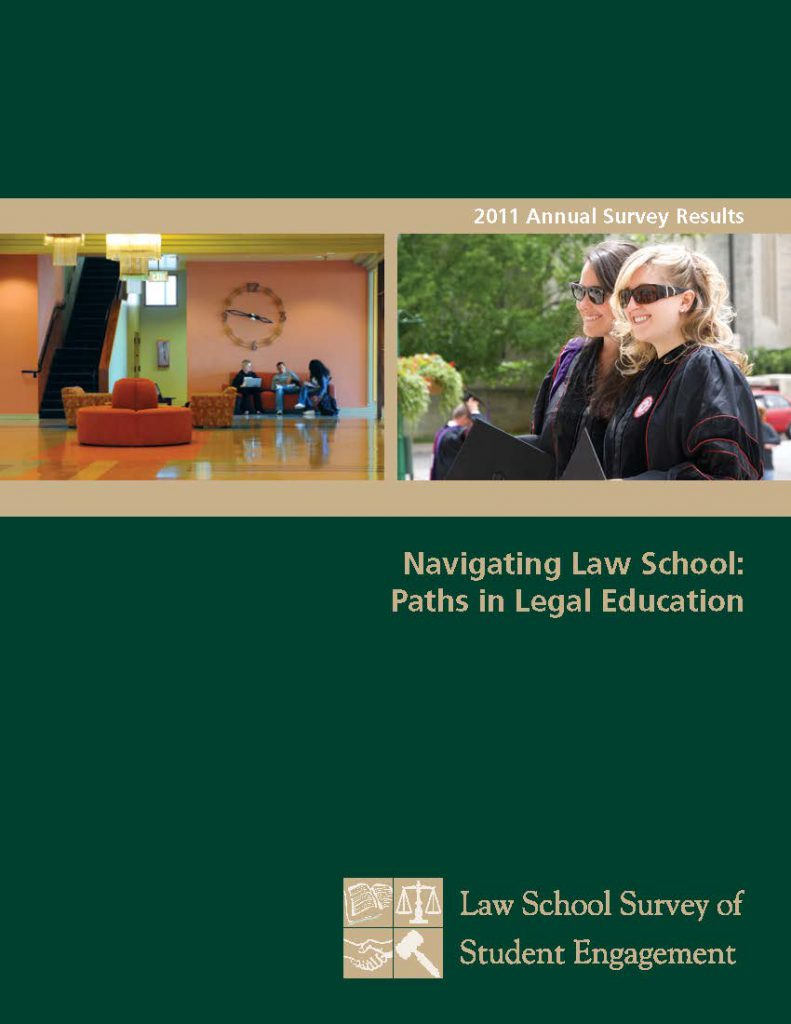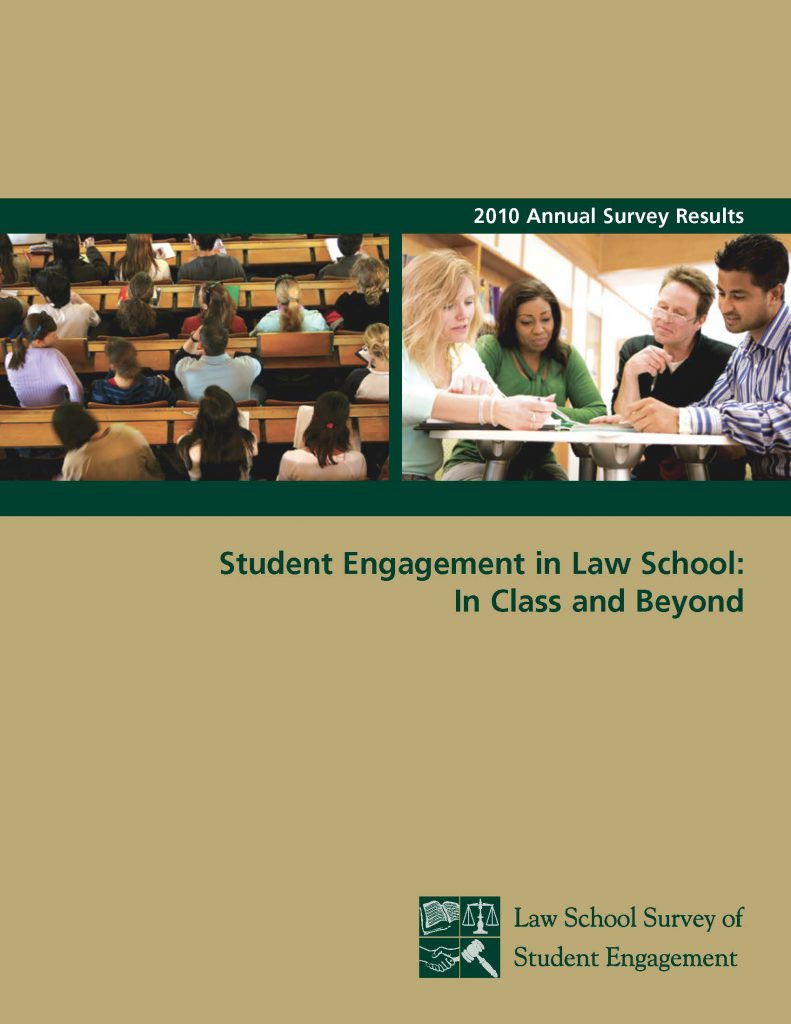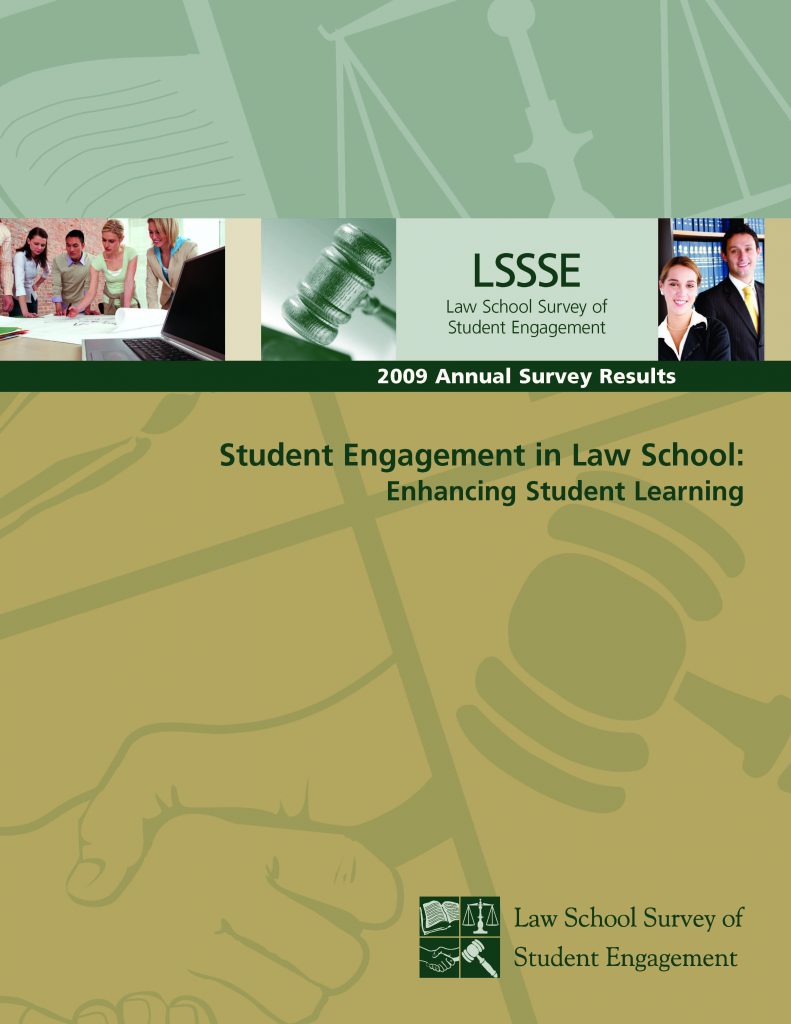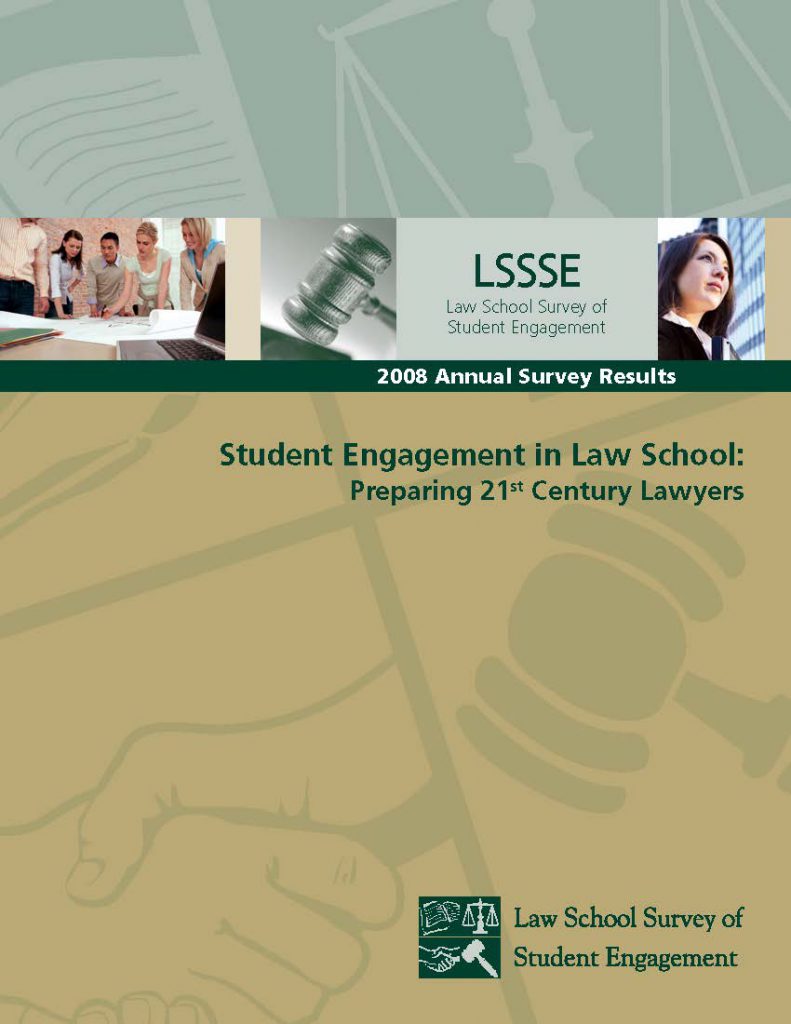Report on Legal Education Reveals First-Generation Students Face Unique Challenges and Responsibilities in Law School
BLOOMINGTON, Ind.—Newly-released data by the Law School Survey of Student Engagement (LSSSE) examines the law student experience of first-generation students. Data from this Report, Focus on First-Generation Students, draw from the responses of over 13,000 law students at 75 law schools that participated in the LSSSE survey in 2023.
The Report shows first-gen students comprise 26% of LSSSE respondents. According to data from the 2023 survey, first-gen students invest considerable time and effort in their legal education but differ from their non-first-gen classmates in meaningful ways. They work more hours per week than non-first-gen students but also spend more hours studying. They are also more likely to have responsibilities caring for dependents than non-first-gen students. These family and work obligations add to a theme of full schedules for first-gen students, particularly given their significant investment in academics.
“It is a distinct pleasure to highlight first-gen students in this year’s LSSSE Annual Report,” said Meera E. Deo, Director of LSSSE. “Because their parents did not graduate from college, these students not only face unique challenges navigating legal education, but also exhibit tremendous grit and determination to achieve success. I hope our findings encourage law schools to provide even greater support to first-gen students on this path.”
Noteworthy findings from the report include:
Demographics
- First-gen students are more likely to be students of color, women, older students, and part-time students.
- 53% of Latinx respondents and 36% of Black respondents are first-gen, compared to 21% of White respondents.
- 28% of women are first-gen students, compared to 24% of men.
- 54% of first-gen students are over the age of 25, compared to 44% of non-first-gen students.
Student Debt
- First-gen students rely on student loans to a greater extent than their classmates. 24% of non-first-gen students anticipate graduating with no law school debt, compared to only 12% of first-gen students.
- Less than one-quarter (23%) of non-first-gen students expect to graduate with more than $120,000 in student debt, compared to over one-third (35%) of first-gen students.
Time Usage
- First-gen students are more likely to have familial obligations as caretakers for dependents living in their households. 44% of first-gen students spend time caring for dependents, compared to 33% of non-first-gen students.
- First-gen students are both more likely to be employed during law school and to work more hours than non-first-gen students.
- Despite greater competing external responsibilities, first-gen students also study more hours per week than their non-first-gen classmates.
Law School Engagement
- First-gen students put in significant effort to meet faculty expectations. 63% of first-gen students often work harder than they thought they could, compared to 59% of non-first-gen students.
- First-gen students are less likely than others to participate in many common and desirable co-curricular activities. 37% of first-gen students report that they never participate in law school-sponsored activities, compared to 31% of non-first-gen students.
- Despite their family duties and work schedules, 33% of first-gen students report they always come to class fully prepared, the same percentage as non-first-gen students (who tend to work less and have fewer familial obligations).

